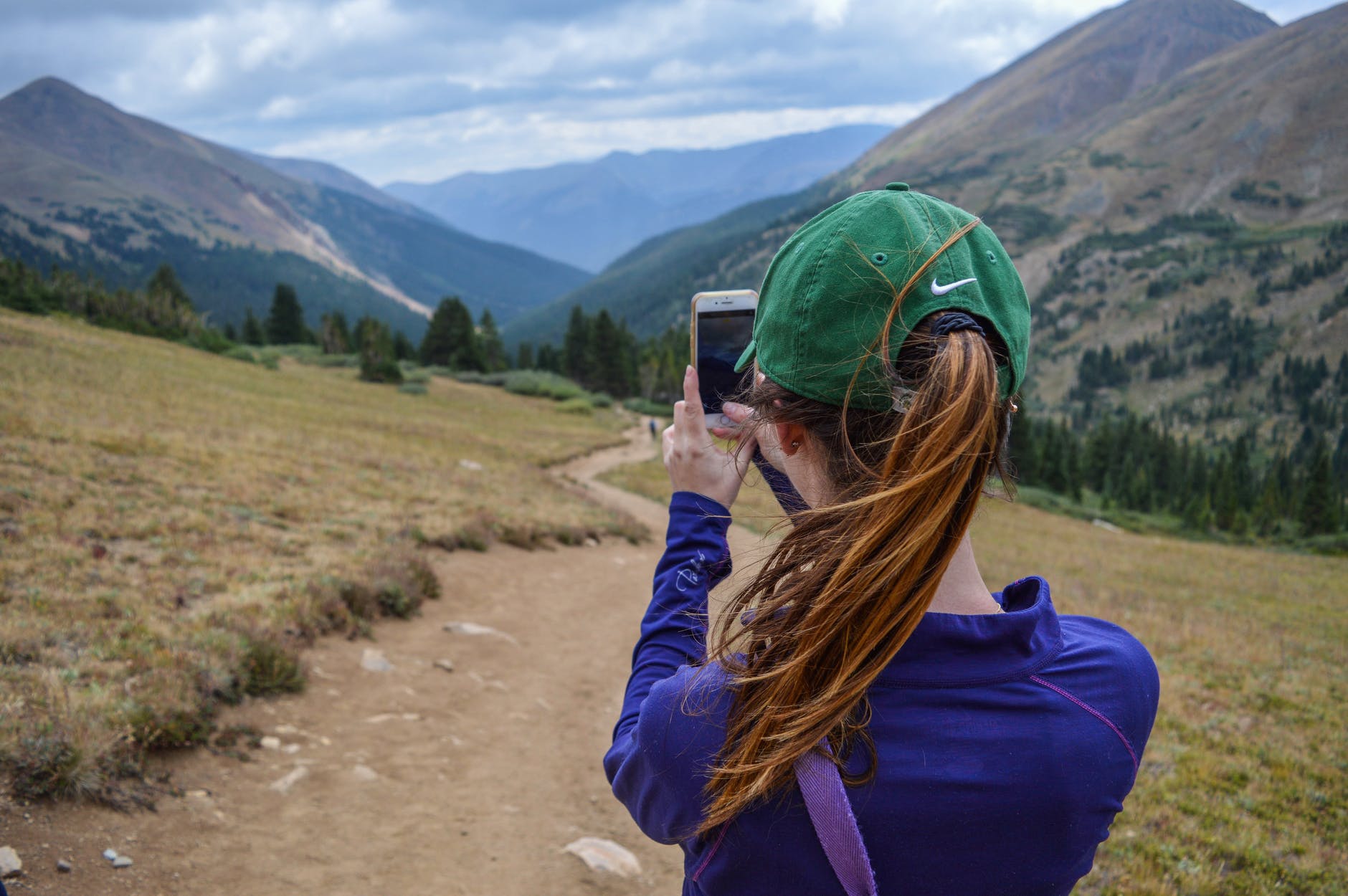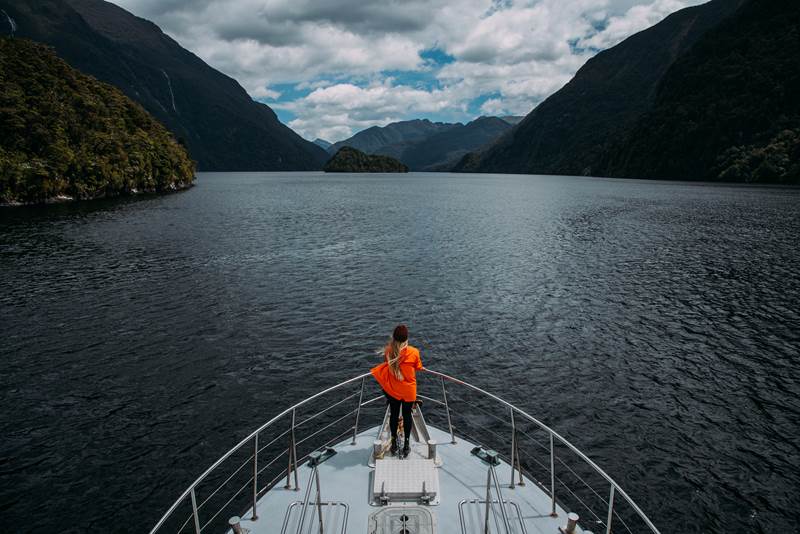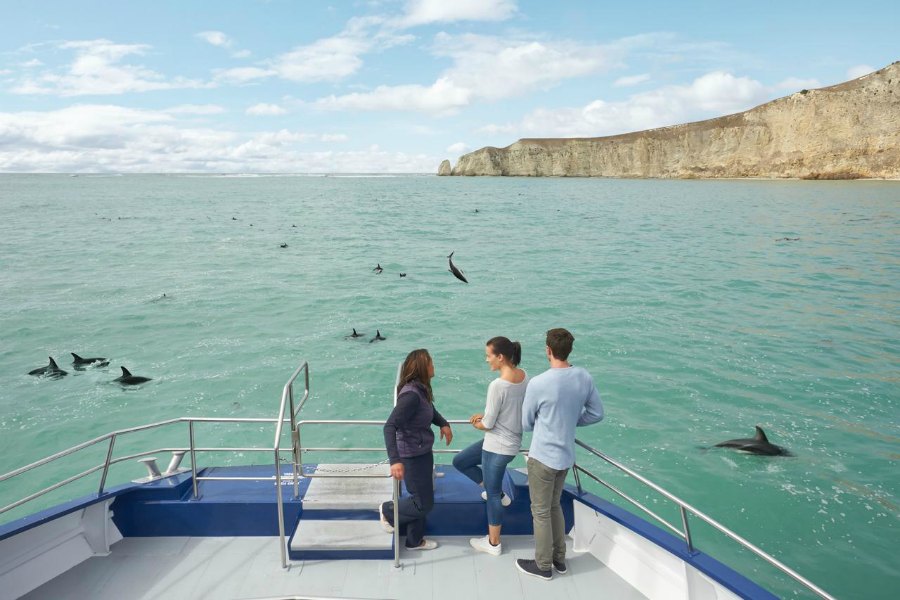COVID-19 risk in New Zealand is low. Over the last 28 days, new cases of COVID-19 in New Zealand decreased or stabilized. CDC recommends older adults, people of any age with certain underlying medical conditions, and others at increased risk for severe illness talk to their health care providers before traveling to New Zealand.
What you must do in New Zealand:
-Explore adventure in Queenstown
Queenstown is the perfect place for an adventure. Experience jet boat rides, skiing, river rafting, hiking and biking, or go bungy jumping where it all began.
-Bask in Milford Sound’s scale
enjoy an afternoon cruise around Milford Sound’s dramatic fiords, spectacular waterfalls and snow-capped peaks. You can also see the “Eighth Wonder of the World” by flightseeing, kayaking or taking an overnight boat ride.
-Cruise with whales in Kaikoura
Just two hours north of Christchurch, Kaikoura is all about sea adventures. Have an up-close encounter with the Giant Sperm Whales and pods of Dusky dolphins on a cruise or go snorkeling with friendly New Zealand fur seals.
Some Covid-19 travel advice
If you get sick in New Zealand, you may need medical care. Plan ahead and learn more about Getting Health Care Abroad.
If you get sick with COVID-19 (or test positive for COVID-19, even if you have no symptoms) while abroad, you may be isolated until you have recovered fully from your illness. If you get exposed to a person with COVID-19 while abroad, you may be quarantined until 14 days after your last exposure.

Photo by Gotta Be Worth It on Pexels.com
What can travelers do to protect themselves and others?
Avoid close contact by staying at least 6 feet (about 2 arms’ length) away from anyone who is not from your household.
Wear a mask to keep your nose and mouth covered when in public settings.
Wash your hands often or use hand sanitizer.
Avoid contact with anyone who is sick.
Avoid touching your eyes, nose, and mouth.
Do not travel if you are sick.
What do I need to do after I travel?
You may have been exposed to COVID-19 on your travels (domestic and/or international). You may feel well and not have any symptoms, but you can be contagious without symptoms and spread the virus to others. You and your travel companions (including children) pose a risk to your family, friends, and community for 14 days after you were exposed to the virus



